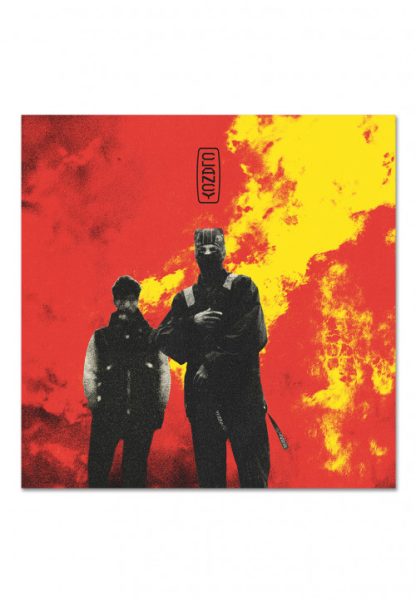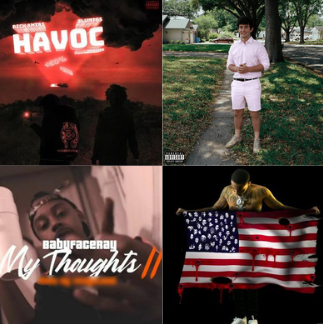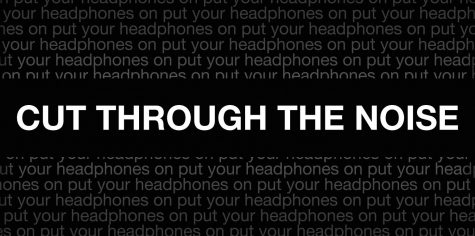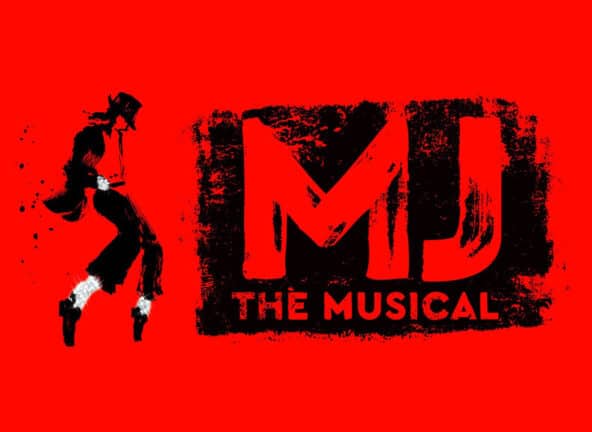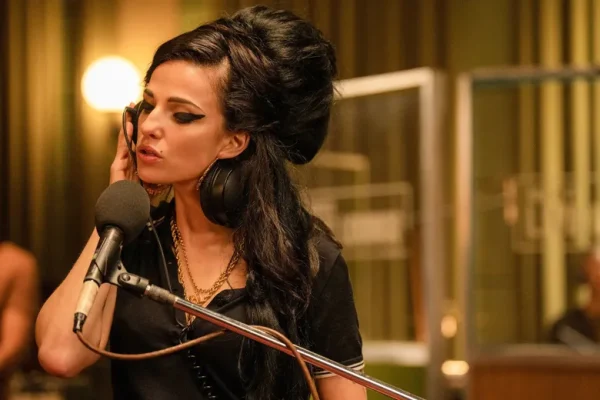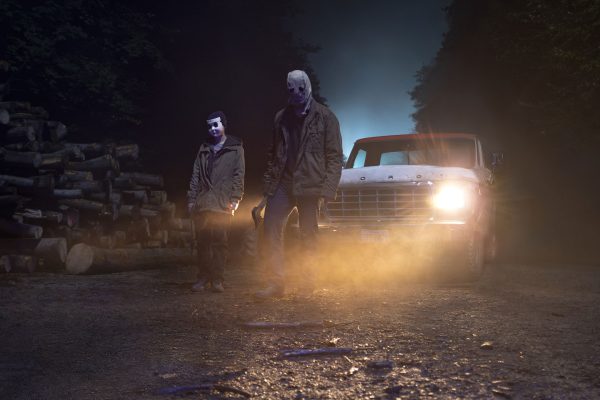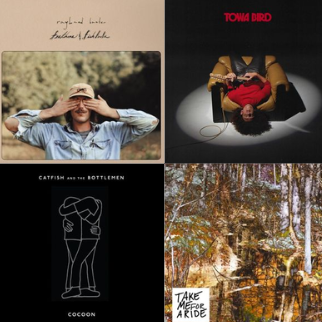Exploitation is not empowerment
Women under the male gaze
May 22, 2023
In recent years the idea of the “male gaze” in pop culture has been whittled down to a chick-lit buzzword. Search the phrase on TikTok and you’ll be met with an endless flood of videos using the word to describe anything that men generally like, from cars to beer to naked women. But the term was initially coined back in 1970’s, and the meaning was more complex. Film critic Laura Mulvey used the term to describe a lens through which media made by men depicted women as passive sexual objects, rather than as fully realized characters. For years Mulvey’s hypothesis proved true, and women on screen were limited to their bodies.
Things have changed in Hollywood since the 1970’s. In an era of media increasingly focused on representing authentic stories from diverse audiences, female-centered film and television has flourished. Complex female characters and ruminations on the female experience are easy to find in modern media, from smaller projects like “Fleabag” to blockbuster, studio-backed hits like HBO’s “Euphoria.”
“Euphoria” became a cultural phenomenon upon its release in 2019. The show depicted the lives and struggles of American highschoolers with refreshing beauty and levity, specifically those of its female leads. Despite this, the show was criticized for oversexualizing its female actresses. The critiques cite unnecessary nudity and sex scenes which seem to plague the female characters throughout the show — this is made worse by the fact that they are meant to be playing high school-aged girls.
“Euphoria” repeatedly attempts to frame its hypersexualization as empowering, or as making some kind of statement about real life objectification. Kat’s entire storyline in season one follows her becoming an underage cam girl, which is framed as empowering. Another character’s storyline centers around the hurt that comes with being oversexualized as a child, which is shown through wholly unnecessary nudes and violating shots of the actress.
In June, “Euphoria” creator Sam Levinson is set to release his second major HBO show, “The Idol.” The show will follow the tumultuous relationship between a young aspiring pop star (Lily-Rose Depp) and an exploitative cult leader (The Weeknd). Originally, the show was meant to be a coming-of-age story about self discovery and empowerment, but since Levinson’s arrival, the message has shifted. An early review from the Rolling Stone slates the show for the same issues present in “Euphoria,” describing it as “like any rape fantasy that a toxic man would have.” Yet again, Levinson has twisted a story about female empowerment into just another chance to watch a woman being sexually abused.
The impact of outright sexualization in these shows extends beyond the screen. Sydney Sweeney has talked openly about the harassment from fans she’s experienced post “Euphoria,” and while she doesn’t blame the show, I do. The scenes she and her fellow cast members were made to shoot were gratuitous and exploitative, and they normalize the objectification of women. This objectification isn’t only perpetuated by male audiences, either — women watching these shows see the message being pushed and they internalize it, especially younger audiences like those “Euphoria” caters to. This is why it’s important that shows covering the sexual exploitation of women are not led by men like Levinson, who perpetuate exploitation themselves. If you’re going to cover issues like this, you have to do it right — you have to let women tell their own stories.






